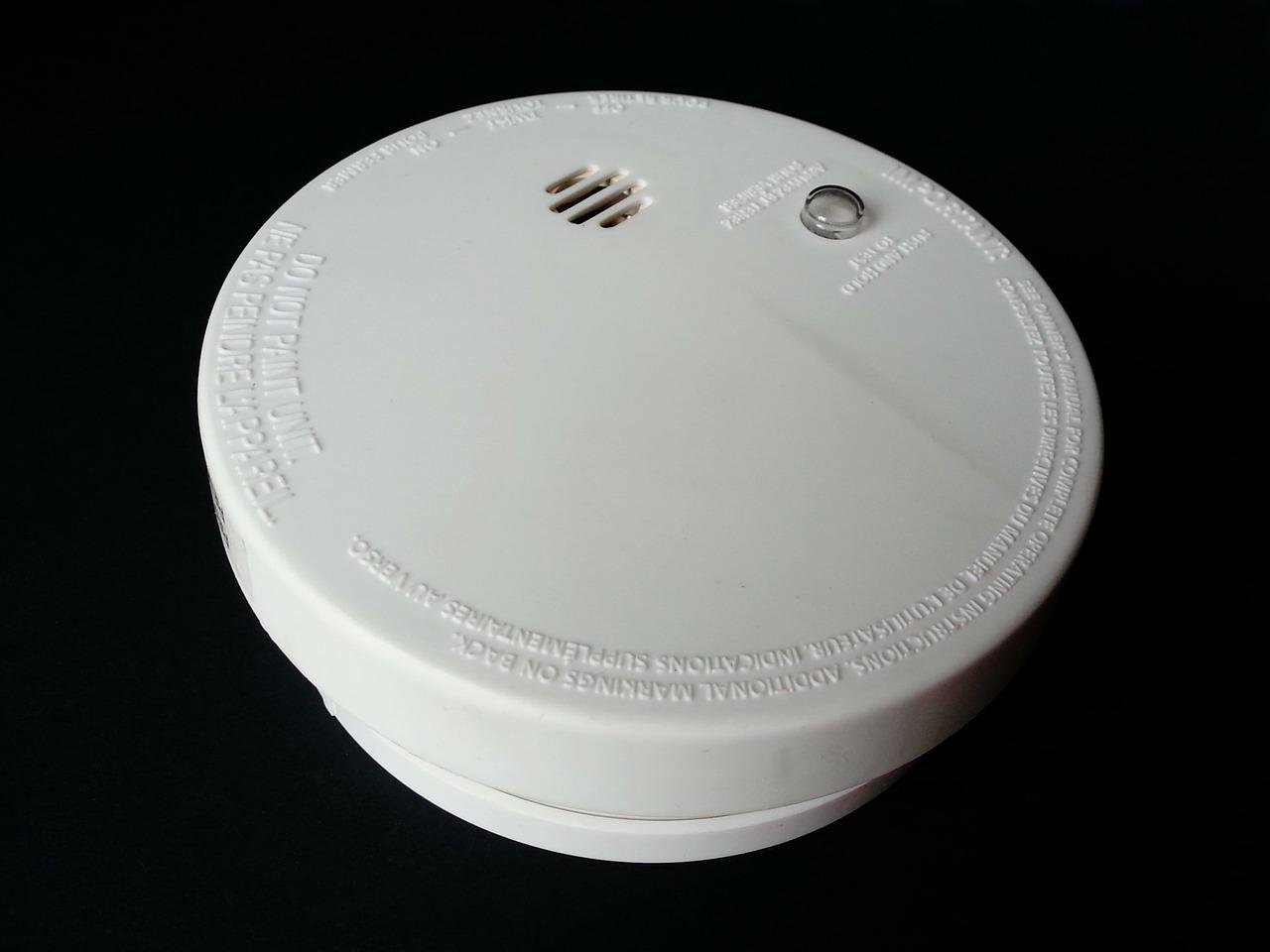Smoke and carbon monoxide detectors are essential, life-saving devices. Without them, fires or gas leaks could go unnoticed until it is too late. However, there are some cases in which smoke detector alarms will sound repeatedly even if there is no emergency happening. It can be extremely irritating when this occurs—the alarms are loud and disruptive, and if your alarms are connected to a monitoring company, they may send first responders. There are things you can do to prevent false alarms in the first place, and also some solutions to try and fix an alarm that keeps going off.
Preventing False Alarms
In most cases, false smoke detector alarms are caused by improper setup or placement.
- Hang detectors more than 20 feet away from any fuel-burning appliance. This includes gas ovens, heaters, fire places, etc. Because of the combustion process, these appliances produce smoke and low levels of carbon monoxide. If the detector is placed too close, those combustion particles could set it off. While you need a smoke and carbon monoxide detector in the kitchen to alert you to kitchen fires, you don’t want them so close that they falsely trip.
- Detectors should be at least 10 feet away from areas that experience high humidity, such as a bathroom or laundry room. The humidity can corrode the batteries and other metal parts of the detector and set off a false alarm.
- Place them at least 3 feet away from an HVAC intake or vent. The dusty air that gets blown around can settle inside the detector and accidentally set off the sensors.
- If direct sunlight often hits the detector, it could heat it up and trip the photoelectric sensors inside that sound the alarm.
A dirty detector could also cause nuisance alarms.
- Cut power to the detector if it is hard-wired to the ceiling. If it is just battery-operated, remove the battery.
- Remove the cover and remove any debris, dust, and insects (yes, insects can get trapped or spiders may build small webs inside) that have collected inside it. The soft brush attachment on your vacuum would work well, as would a can of compressed air or a microfiber cloth.
Old detectors may be worn and need to be replaced.
- Alarms will wear out and corrode over time. The average lifespan of an alarm is 7-10 years, so if one of yours is constantly tripping despite being clean, it may simply be expired. Check the manufacturing date to be sure, and replace any that are over 7 years old.
- Batteries can malfunction as they age. Replace the batteries in your detectors if you notice any signs of corrosion on the terminals.
Fluctuating power may also cause alarms to sound.
- When the power goes out or is interrupted, hard-wired alarms are likely to go off because they sense the change.
- It could be that one of the wires connected to the alarm is loose. An insecure attachment to the sensor could lead to power interruptions or failures, resulting in a false alarm.
- Smoke detectors in homes should be on a dedicated circuit, but that isn’t always the case. When smoke detectors are on the same circuit as a large appliance like a washing machine, they may briefly lose power when the large appliance sucks a lot of it away when it turns on.
- If you suspect a power or wiring issue, call an electrician so they can safely diagnose and repair the problem.
Promise Electric is a team of master electricians based in Sarasota. We are available for all residential and commercial electrical service needs.



